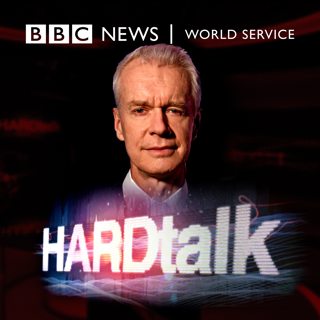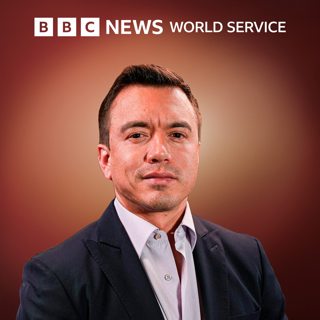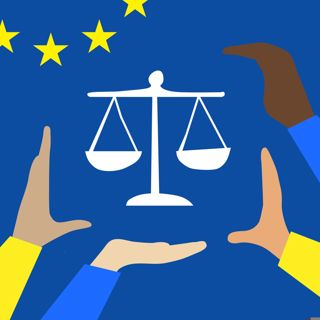
Oliviero Toscani: Photography with a social conscience
Stephen Sackur is in Tuscany to speak to the world famous Italian photographer Oliviero Toscani. He changed the world of advertising with his provocative images of racial diversity, illness and death. His work combined glamour with a social conscience, but did he sometimes go too far?
18 Syys 202422min

Philippe Lazzarini: Is UNRWA's mission in Gaza impossible?
Stephen Sackur speaks to Philippe Lazzarini, head of UNRWA, the UN’s refugee agency for Palestinians. This week, six UN relief agency staff were killed in an Israeli strike on a central Gaza school that had been turned into an emergency shelter for thousands. UNRWA’s death count in Gaza since the beginning of the war is over 220. Is his agency’s mission now impossible?
13 Syys 202422min

James Earl Jones: An incredible journey
Following the death of James Earl Jones at the age of 93, another chance to listen to Stephen Sackur’s 2011 interview with the legendary American actor. Known for his deep, rich voice and as the voice of Star Wars’ villain Darth Vader, his was an extraordinary story from poverty and segregation in the Deep South to Hollywood. How hard was his journey?Image: James Earl Jones receives a lifetime achievement award at the 2017 Tony Awards (Credit: Carlo Allegri/Reuters)
12 Syys 202422min

Balázs Orbán: Has Hungary's government created a template for far-right movements?
Stephen Sackur speaks to Balázs Orbán, a Hungarian MP and advisor to his namesake, Prime Minister Viktor Orbán. Hungary’s government is known for its anti-immigrant, anti-Brussels hardline nationalism. Is it a template for other far-right movements to follow?
10 Syys 202422min

Senator Lindsey Graham: Will Trump return to the White House?
Stephen Sackur speaks to a close ally and sometime confidant of Donald Trump, Republican Senator from South Carolina Lindsey Graham
9 Syys 202422min

Fawzia Koofi: Women's rights in Afghanistan
Stephen Sackur speaks to the former deputy speaker of the Afghan parliament Fawzia Koofi. She was forced to flee into exile when the Taliban returned to power in 2021. Women and girls in Afghanistan have since seen their rights eliminated. How should the world respond to what the UN calls ‘gender apartheid’?Photo: Fawzia Koofi receiving the Casa Asia Award in Barcelona, 2021 Credit: Getty Images
5 Syys 202422min

Rev Andrey Kordochkin: Putin and the Church
Vladimir Putin talks of restoring greatness to what he calls the Russian world: an expanse of territory which, as Ukrainians know to their cost, stretches far beyond Russia’s current borders. Putin’s expansionist nationalism requires military power, but it’s harnessed the cultural and spiritual authority of the Russian Orthodox Church too. Stephen Sackur speaks to Andrey Kordochkin, who was a Russian Orthodox priest who spoke out against the Ukraine war and the "Putinisation" of the church. Is he swimming against an unstoppable tide?
3 Syys 202422min

Motaz Azaiza: Photographing Gaza
Stephen Sackur speaks to Palestinian photojournalist Motaz Azaiza. His images of death, destruction and loss in Gaza went viral across the world. He left 108 days after Israel launched its military response to Hamas’s October 7th attack. What impact have his images had, on him, and us?
2 Syys 202422min






















